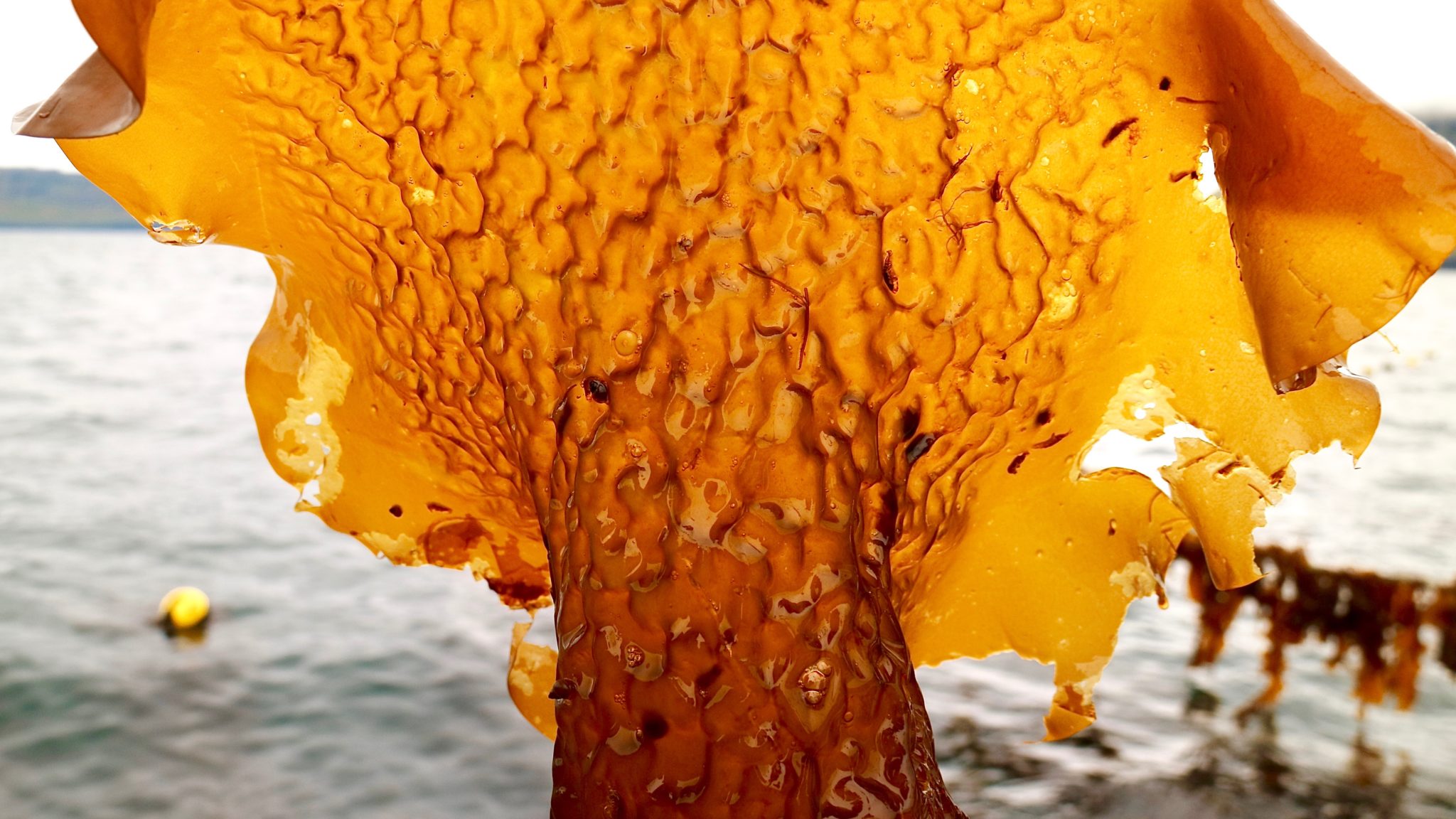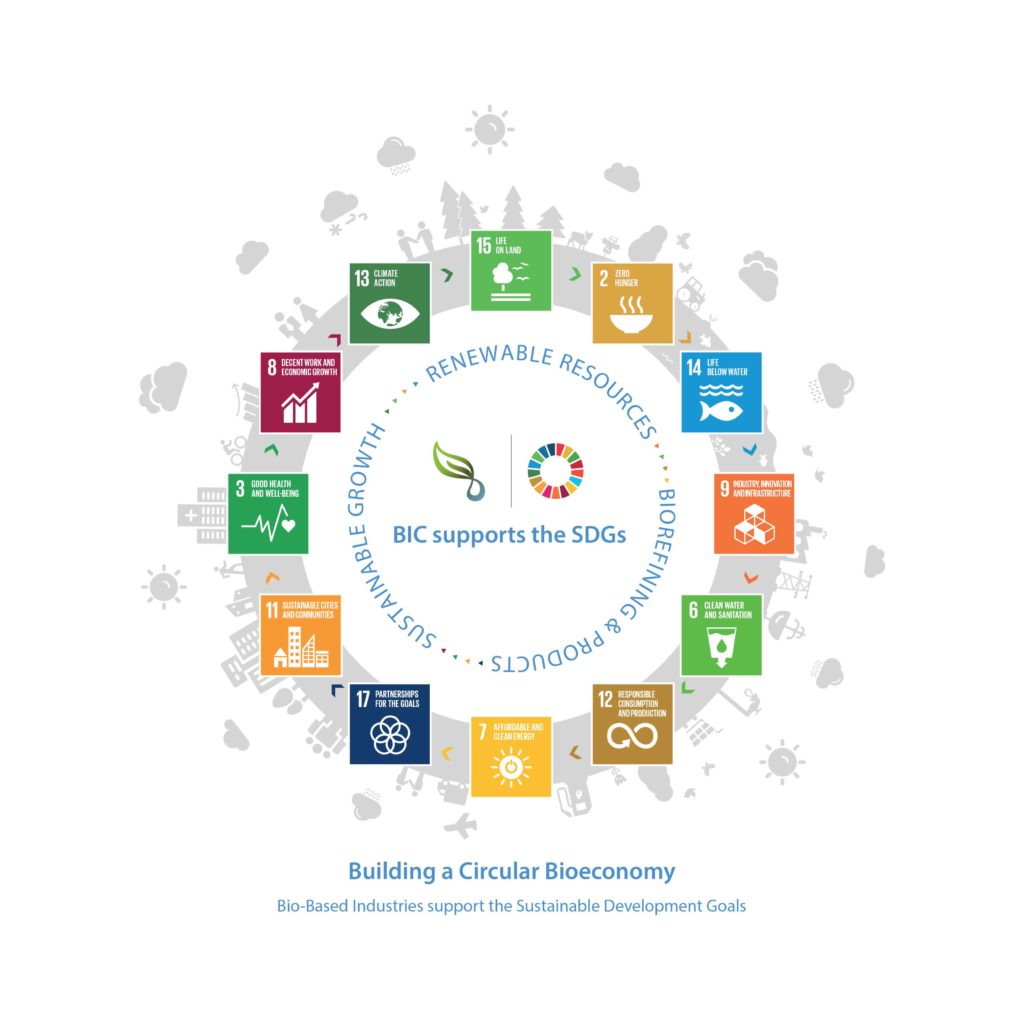As a result, they agreed to collectively address critical global challenges through the Sustainable Developments Goals (SDGs) – a blueprint to achieve a better and more sustainable future for all through 17 inter-connected goals. In December of the same year in Paris, 195 nations made history by committing to keep global temperature rise well below 2 degrees Celsius, to combat climate change and to accelerate and intensify actions and investments needed for a sustainable low carbon future. The world was celebrating.
Today feels somewhat different. The US pulled out of the Paris Agreement. The rise of populism in Europe and in the US has created an atmosphere of fear and uncertainty. Political alliances are being tested. Political leadership is reverting to party politics – for survival amidst cracks and divisions within societies. Priorities seem to shift and ‘sustainable development’ sounds out of touch with today’s news headlines.
Major overhaul
Achieving our Sustainable Development Goals by 2030 requires more than small adjustments to the way we have been operating until now. It requires a major overhaul in mindsets and behaviour, and new industrial partnerships.
The bioeconomy in general, and the bio-based economy in particular, can play a major enabling role for the SDGs. Rather than being a vertical solution addressing one specific sustainability challenge, the bio-based economy is horizontal and circular, tackling issues across the entire value chain – from feedstock to final product, from sustainability to economic growth and job creation.
Instead of using petroleum as a raw material, the bio-based economy uses biological feedstocks such as waste streams, agricultural and forestry residues, by-products, aquatic biomass, and more, to make bio-based (or nature-based) industrial applications such as bioplastics, renewable chemical building blocks, biopolymers, active ingredients, biomaterials and biolubricants. The consumer goods that are made today from these include biofuels, textiles, packaging, solvents, furniture, personal care, construction materials, pharmaceuticals, clothing, and car components.
Value chains
To help bring bio-based products to the market, the EU and the Bio-based industry set up in 2014 a Public-Private Partnership called the Bio-based Industries Joint Undertaking (BBI-JU). It funds innovative projects aimed at both streamlining existing value chains as well as creating new ones to deliver new bio-based products and applications.
Sustainable impact is a key criterion for BBI-JU projects to be given the green light. A review of these projects, as well as of Industrial Biotechnology activities in Europe, has currently led to the conclusion that the bioeconomy and bio-based industries contribute to 11 out of the 17 Sustainable Development Goals.
The best way to illustrate the relevance of the bio-based economy to the Sustainable Development Goals is through concrete examples. Since 2014, the BBI-JU has funded over 80 projects that deliver true innovation and impact for society. Below are four such examples of BBI-JU projects measured against specific (SDG) goals:
SDG 8
Promote inclusive and sustainable economic growth, employment and decent work for all – Opportunities for more jobs and additional income – contributing to local economy, and to export value-added bio-based products.
BBI JU project: First2Run; Innovation action – Flagship, 2015-2019, coordinated by Novamont (Italy).
Relevance to this SDG: First2Run, based in a rural area of Sardinia, uses feedstock from responsibly sourced indigenous crop (cardoon), cultivated on unproductive land, to produce monomers for bioplastics, cosmetics, lubricants, fertilisers, herbicides and animal feed. The project has established a local value chain involving farmers as biomass suppliers and as end-users of fertilisers, herbicides and animal feed. It has also refurbished an abandoned petrochemical plant as biorefinery. It is estimated that around 600 jobs will be directly and indirectly created by the project in an area with a high unemployment rate due to the progressive marginalisation of fields and shutdown of the petrochemical plant.
SDG 11
Make cities inclusive, safe, resilient and sustainable – Linking rural areas to urban centers through bio-based products and bioenergy for urban consumption. Sustainable buildings with bio-based materials.
BBI JU project: URBIOFIN; Innovation action – Demonstration, 2017-2021, coordinated by IMECAL (Spain)
Relevance to this SDG: URBIOFIN is setting up an integrated and innovative biorefinery for the transformation of the organic fraction of municipal solid waste into new marketable bioproducts, chemical building blocks, biopolymers and additives. The project results will help meet the European target of recycling 65 % of municipal waste by 2030, developing a more sustainable and profitable organic waste management aligned with the objectives of the new Waste Management Directive and the circular economy, reducing of fossil resource dependence in energy and products and boost competitiveness and fostering sustainable economic growth and improve life conditions of the citizens.
SDG 14
Conserve and sustainably use the oceans, seas and marine resources1 – Blue bioeconomy: better use of the marine fauna (fish) and flora (algae) for high value bio- products such as food/feed, cosmetics and bio-pharma
BBI JU project: MACROCASCADE; Research & Innovation action, 2016-2020, coordinated by DTI (Denmark)
Relevance to this SDG: MACROCASCADE addresses cultivation and harvesting of various seaweeds and their use in cascading biorefinery concept for production of food and feed products, as well as chemical, pharmaceutical and nutraceutical products. The project aims at reducing cultivation costs by more than 50 % by employing a modular and scalable concept. Through a cascading process it extracts valuable products from all fractions of the seaweeds and from residues of each conversion step, increasing efficiency and thereby helping to reduce pressure on natural resources.
SDG 15
Sustainably manage forests, combat desertification, halt and reverse land degradation, halt biodiversity loss – Enhanced value of biodiversity as a bioeconomy asset. Promote sustainable natural resources management, halt and reverse land degradation.
BBI JU project: EFFORTE; Research and innovation action, 2016-2019, coordinated by LUKE (Finland).
Relevance to this SDG: EFFORTE establishes improved and knowledge-based precision forestry practices to keep productivity high while preventing overexploitation. Sustainability, biodiversity and soil conservation are enabled by customising forest management according to the specific local conditions, mechanisation of harvesting and planting operations and geo-referencing at single tree level.
Catalyst
The BBI-JU initiative is a true catalyst for bio-based industries, attracting billions of euros in project investments in just 4 years. It is a growing and thriving market with a turnover of €2.3 trillion in the EU-28 and employs 18.5 million people. And this is only the beginning. More benefits for society can be unleashed and it can help the EU meet its share of the Sustainable Development Goals if European policy-makers ensure that:
- The circular bioeconomy is fully integrated into EU-level frameworks and policies;
- Funding is increased and coherence of financing mechanisms for the circular bioeconomy is improved;
- Ensure the continuation of the Bio-Based Industries Joint Undertaking (BBI-JU) beyond 2020.
If this is not the future, then what is?






